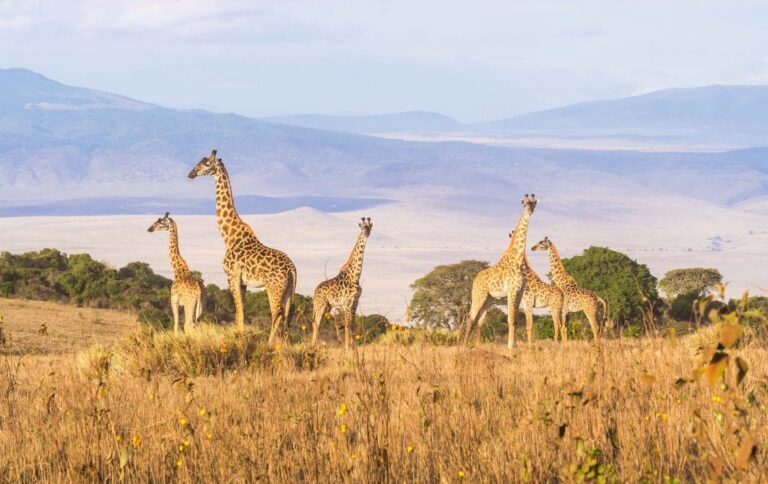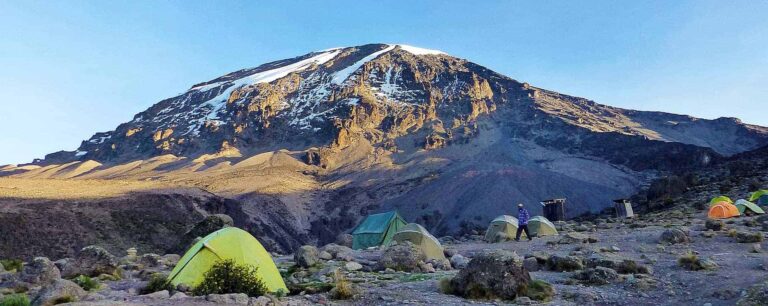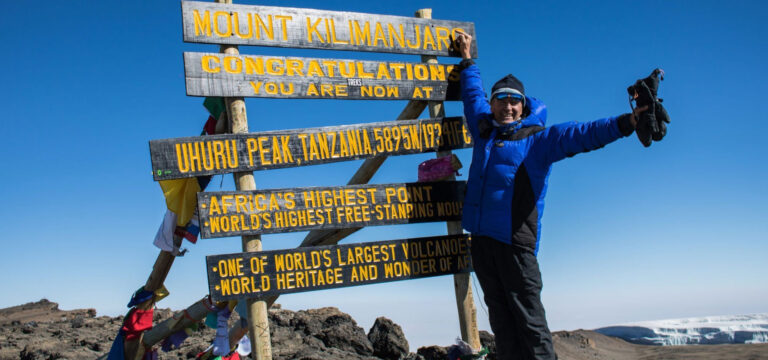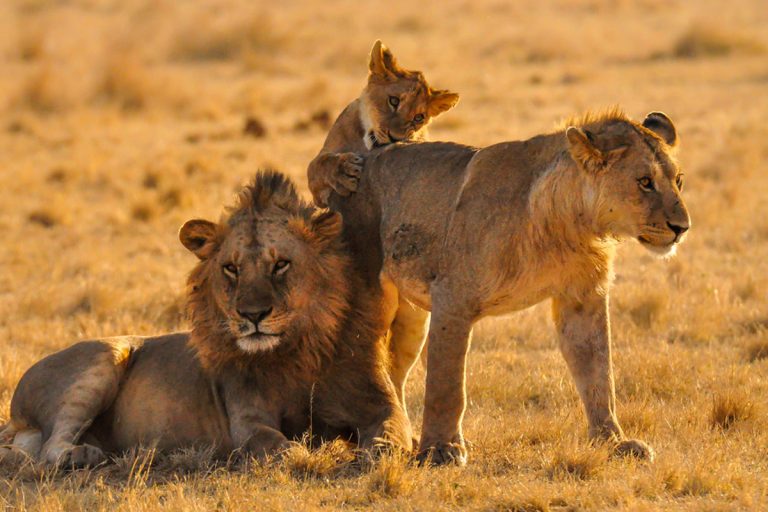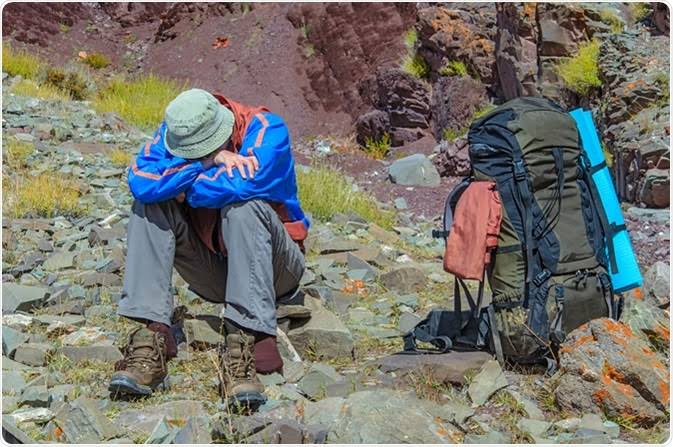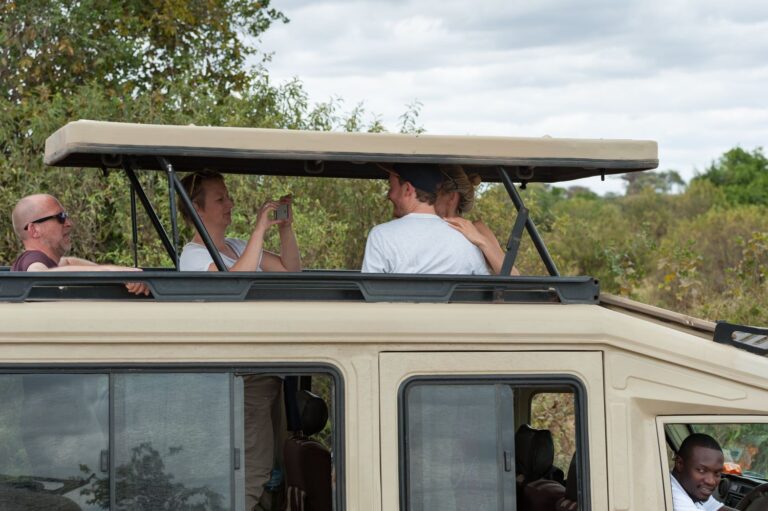Responsible tourism aims to spread some of the positive effects of travel to the community without harming the environment or the local way of life.
We follow the motto “Leave Only Footprints and Take Only Pictures” in our household, In order to maintain the same appearance and functionality of our environment before and after our visit. Our team and major service suppliers work hard to guarantee that no natural or cultural artefacts or materials are removed. To ensure adherence to our do not harm code of conduct, our tour guides instruct visitors.
When you travel with us, you help to ensure the survival of all creatures on the planet! Each dollar you donate will have a significant, long-lasting impact on the long-term survival of species across the country by working with Wildlife Conservation Network to uncover the best strategies to rescue the wildlife on our planet.
We are aware of the importance of locals to the tourism and travel sectors as a whole, and we work to guarantee that they profit from our tourism efforts by raising their income so they may improve their living conditions, improve their diets, build homes, and have access to health care. Tourism frequently boosts the wealth of the richest residents of the community, including hotel owners, property owners, travel agents, and store owners, while providing services to clients.
Travel is so gratifying not just because of the beautiful scenery and famous sites, but also because of the interesting people we encounter along the road and the cultures they cherish. We are committed to enhancing both the quality of life for each individual living within the wonderful communities that make up the world.
Tecomate Tours encourages customers to travel responsibly by adhering to some of the rules of reducing impacts, being culturally sensitive, and being ecologically friendly because sustainability is a shared effort among stakeholders.
Our standpoints on how to travel responsibly
LEARN ABOUT THE COUNTRY YOU’RE VISITING
Start enjoying your travels before you leave by tapping into as many sources of information as you can.
- Make use of a variety of information sources, not just the obvious ones like guidebooks, to make the most of your vacation. Consider reading some country-related classic and modern writing. The internet is an incredible tool.
- Attempt to research the expected behaviour and dress for the occasion. It’s usually not a good idea to visit places of worship, markets, or rural towns looking like you forgot to get dressed that morning! Just wearing swimwear, exposing shorts, and T-shirts is frequently acceptable there.
- Holidays and tourism have a significant economic impact on a destination. For many, you might be their main source of money. Find out whether there are any neighbourhood or locally owned/operated companies you can use in the places you’re going if you want to be sure you’re bringing some economic benefit.
- Learn a few phrases in Swahili before you travel. Even better take a short language course. A few basic words will go a long way to improve the quality of your interaction with local people. You’ll be surprised how difficult it is to get by in East Africa using English alone!
2. THE PRICING OF YOUR HOLIDAY
Think about where your money goes – be fair and realistic about how cheaply you travel.
- Think about where your money goes – it’s very easy to forget the consequences when you’re on a budget and trying to save every penny. Competing for the cheapest price and not wanting to get ripped off is common, but some travellers misunderstand how far to go and are overly suspicious or aggressive. By all means, haggle (it’s often expected after all) but don’t go over the top – smile and pay a fair price. A small difference of US$0.5 could mean the person you’re buying from can feed his or her family that day. It doesn’t really hurt to be fair and realistic, in fact, it can be very rewarding.
- Try and put money into local businesses. For instance, drink local beer or fruit juice rather than imported brands – they’re probably cheaper and just as good if not better. Thinking about where your money goes also includes using local guides and locally-owned accommodation. Tours and excursions run by locals will educate you and benefit them. If possible, support community projects.
3. MINIMIZE YOUR ENVIRONMENTAL IMPACT
Think about what happens to your rubbish – take biodegradable products and a water filter bottle. Be sensitive to limited resources like water, fuel, and electricity. Help preserve local wildlife and habitats by respecting rules and regulations, such as sticking to footpaths, not buying products made from endangered plants or animals, don’t litter, don’t feed animals, don’t make any acts that may cause fire outbreaks.
- Exploring rainforests, mountain trekking, going through remote desert regions, – all these are things that travellers’ dreams are made of. But the damage would soon follow if everyone who visited such environments did it without working out how to limit their environmental impact.
- Recycling is extremely limited in Africa. Opt for drinks in glass bottles as these tend to be re-used.
- Use only biodegradable soaps and shampoos while camping but don’t use them directly in the water as they won’t decompose.
4. PHOTOGRAPHY
Don’t treat people as part of the landscape, they may not want their picture taken. Put yourself in their shoes, ask first, and respect their wishes.
- Most travellers want photos to remind them of their travels, but there are times when photography can offend and intrude. So how do you get your photos of your life without offending the people you are visiting? Consider the feelings of local people and, if it’s inappropriate, don’t take it.
- You may find that sometimes people will ask you for payment for the photograph to be taken. This can have lots of implications, but it’s worth bearing them in mind. You may think that paying for pictures is a way of putting money into local hands, but it can encourage begging especially among children. However, if it is obvious that the locals have dressed up in traditional clothes only to have their photos taken, negotiate a price first before taking a photo. In markets, it may be more appropriate to buy something from the store-holder such as fruit or vegetables rather than paying for taking a photo.
- Often the best way you can take photos is to offer to mail them a copy. Many locals will be thrilled to receive a photo of themselves.
- Avoid giving children sweets for photos; again it encourages begging as well as being bad for their teeth.
5. The way forward
Travelling is arguably the finest gift we can give to ourselves and our loved ones because the world is a stunning place to be. It’s wonderful to enjoy a place and immerse yourself in its fascinating culture, but it’s also crucial to make sure you’re giving back to the locals. Offering disaster relief services, creating community-based rural travel initiatives, supporting small companies, and stopping animal mistreatment are just a few examples. Tecomate tours and Safaris genuinely operate on the premise that travel is a medium of exchange, thus they make an effort to give back as much as they can to the community in which they operate.

